3 Factors to Watch as China’s Economy Starts to Recover
February 10th, 2023 | Posted in InvestingWill China’s Economic Resurgence Live Up to the Hype?
2022 started ominously for China, with the implosion of real estate giant Evergrande. The headwinds only grew stiffer from there.
Throughout the year, relentless “zero Covid” policies and the resulting lockdowns and factory closures disrupted production, trade, and consumption. Restrictions took a toll on growth – according to China’s National Bureau of Statistics, the country expanded by a paltry +3% in 2022, well below the government’s 5.5% target and also marking the second-worst year of output since 1976.
Looking ahead in the new year, many market watchers and investors are hopeful that China’s economic fortunes will reverse, creating a surge in economic activity that will bolster consumption, trade, and global growth in the new year. Wall Street analysts are pegging China’s 2023 GDP growth at 5% or higher.1
Are Your Investments Really as Diversified as They Should Be?
“Don’t put all your eggs in one basket.” It’s a classic proverb, and for good reasons. Diversifying your portfolio is one the most basic pieces of investing advice—but unfortunately, it’s also advice that too many investors ignore.
Zacks Advantage would like to help you ensure that your investments are properly diversified so that you can avoid the risks of over-concentration in any particular asset class. That’s why we’re offering our free guide, Is Your Investment Portfolio Actually Well-Diversified? 4
Act now to get the basics of diversification, including:
- Why the average investor’s returns lag behind almost every investment category
- 4 myths of a diversified portfolio
- How to create a truly well-diversified portfolio
Learn more with our free guide, Is Your Investment Portfolio Actually Well-Diversified? 2
We agree China’s economy should experience a strong rebound in the second half of the year. But we would also caution against viewing China as a surefire tailwind that will boost an otherwise weakening global economy in 2023. While this outcome is certainly possible and would be welcomed, there are three potentially mitigating factors investors should watch closely:
1. A Messy Economic Reopening
China’s abandonment of restrictive Covid-19 policies happened in the dead of winter, which has given way to a massive surge in infections, hospitalizations, and deaths. China does not regularly publish Covid-19 information, so it is difficult to gauge the level of strain being felt by hospitals, citizens, and businesses. But suffice it to say that the economy is still feeling the pressure.3
What’s more, China’s reopening has come just before the Lunar New Year, when hundreds of millions of people take time off to travel and celebrate the holiday. The timing makes it challenging to predict how cases, mobility, and future restrictions may look in the coming weeks and months.
China lacks natural immunity from previous infections and also does not have access to highly effective vaccines, which means that even if shutdowns are no longer occurring, de-facto self-imposed lockdowns seem likely to increase as citizens hunker down to avoid infection. Our view is that it may take a quarter or two for the crush of infections to ease and for China to begin functioning normally as an economy, but with the wild card of snapping back to harsh restrictions still looming in the meantime.
2. New Price Pressures Could Challenge Global Central Banks
Assuming China manages to navigate the surge of Covid-19 cases and hospitalizations without resorting to new restrictions and lockdowns, there’s another issue that may complicate matters in the global economy: new price pressures.4
If China’s economic rebound progresses as many hope, there are reasons to believe it could be inflationary in some respects. China’s recovery could increase its demand for energy, which could put upward pressure on the price of oil and other commodities.
According to the International Energy Agency, China’s economic resurgence could push global demand for oil to 101.7 million barrels a day, which would eclipse pre-Covid levels and likely push crude oil prices significantly higher than where they sit today. Higher oil prices could mean higher gas and freight prices, which could negate some of the recent gains made in lowering goods inflation. China’s demand for natural gas and chemicals could also add some inflation pressures to commodity markets, at a time when the war in Ukraine continues to act as a strain on global supply.
Taken together, an economic surge in China may add inflationary pressures at a time when global central banks in the developed world are pushing hard to tamp down prices. China’s reopening could complicate the path of interest rates for many central banks, including the Federal Reserve, which would now have to factor in these new pressures coming from China.
3. China Has a Demographic Problem
Chinese government officials recently confirmed a trend that many investors have had on a watchlist for years: China’s population is shrinking.
According to government officials, 9.56 million people were born in China last year, which was materially less than the 10.41 million people who died. It was the first-time deaths outnumbered new births in well over 50 years, and also marked the sixth straight year of declining births.5
Declining birth rates and an aging population are bad news for a rapidly growing economy. As the labor force gets older, there are of course fewer people available to boost production and also to pay taxes, and contribute to the pension system needed to provide income for older generations. By 2035, it is estimated that 400 million people in China will be over 60, which would be nearly 1/3rd of its population.
China has been actively trying to stem or outright reverse this decline but has so far not been very successful in boosting the birth rate. The 30-year “one-child” policy, which ended in 2016, was an ill-timed and ill-advised strategy, and one that is proving very challenging to change. China’s government has since raised the limit to three children and is also offering cash, tax cuts, and even property concessions to try and encourage family formation. But it hasn’t been enough.
From an economic growth standpoint, this issue is more long-term than the challenges being faced in 2023, but investors are weighing it when thinking about China as an investment opportunity.
Bottom Line for Investors
In our view, investors should not expect to see a major rebound in China in the first half of 2023, but we do expect the situation to improve later in the year. Chinese consumers have accumulated more than $2.2 trillion in bank deposits over the last year6, as many were subject to Covid restrictions that curbed consumption. A challenging winter may give way to a better spring and summer, in which consumers will rebound strongly just as they did in western countries.
As for the inflation issue, China may indeed place upward pressure on the commodity markets, but a slowing of the global economy outside of China may serve to neutralize this effect, preventing prices from rising too swiftly. China’s reopening may also further ease supply-chain bottlenecks as factories ramp up production to full capacity again, which may be deflationary for some goods. In the absence of major fiscal and monetary stimulus in China, we do not envision a surge in inflation as we saw in the U.S. and elsewhere.
Most investors can get where they need to go over the long term by owning a diversified portfolio of stocks and/or ETFs. Positioning a portfolio across sector, style, size, and country will almost always provide exposure to the best performing areas of the market while minimizing the impact of the weak performing areas of the market. Volatility gets smoothed out over time, and an investor can earn attractive equity-like annualized returns. It doesn’t have to be more complicated than that, and investors don’t need a huge win in a single stock or IPO or SPAC to get there.
In fact, “diversify your portfolio” is one the most basic pieces of investing advice. Sadly, in our experience many investors still put all (or most) of their eggs in one basket.
At Zacks Advantage, we strive to help every investor properly allocate their assets. In fact, we’ve put together a helpful guide to help you understand the basics of portfolio diversification, including:
- 4 myths of a properly diversified portfolio
- Why the average investor’s returns trail almost every other investment category
- How to create a truly well-diversified portfolio
Get our free guide, Is Your Investment Portfolio Actually Well-Diversified?,7 to learn how to create a truly diversified portfolio.
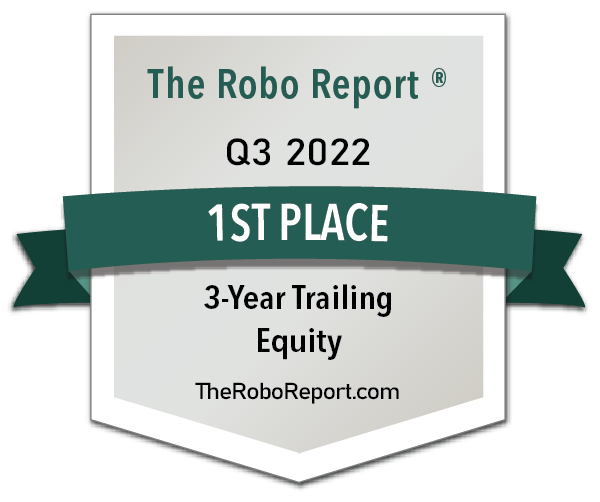
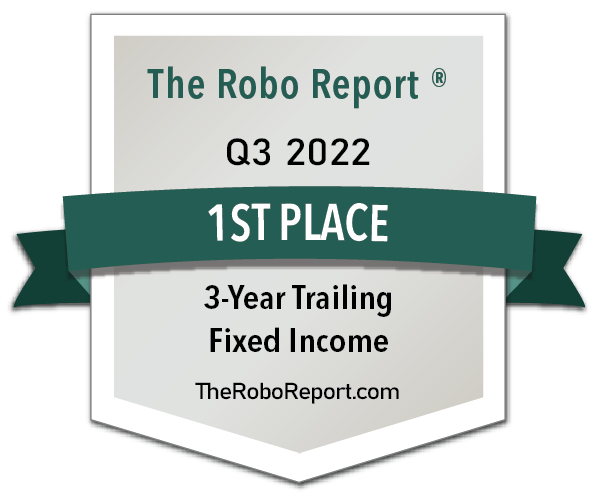
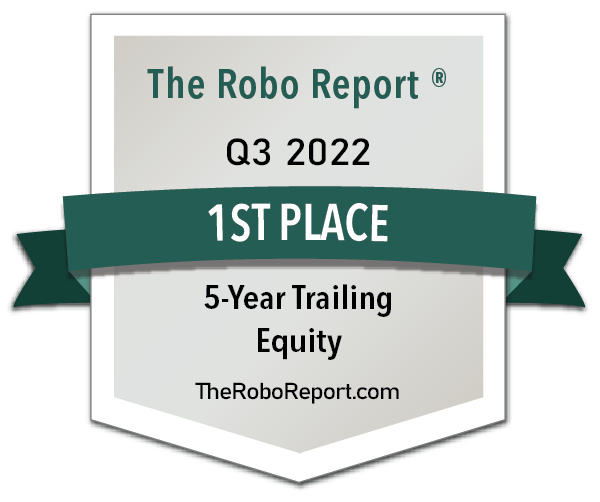
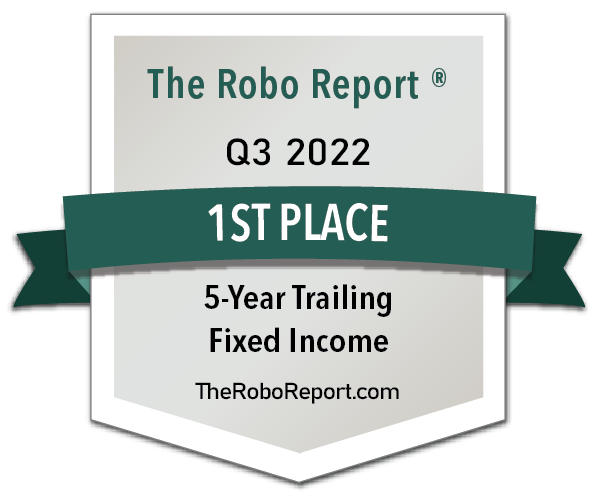
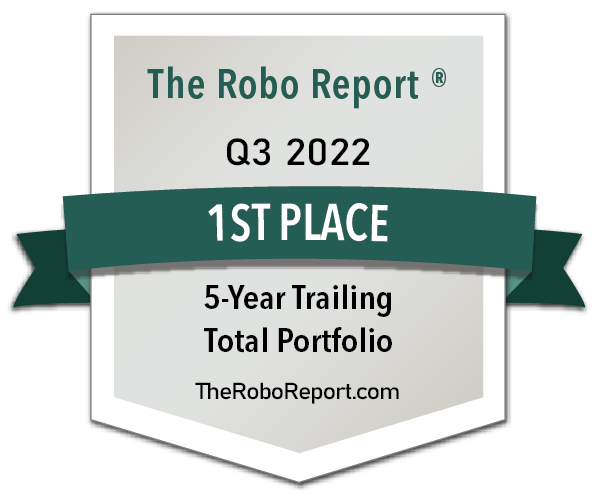
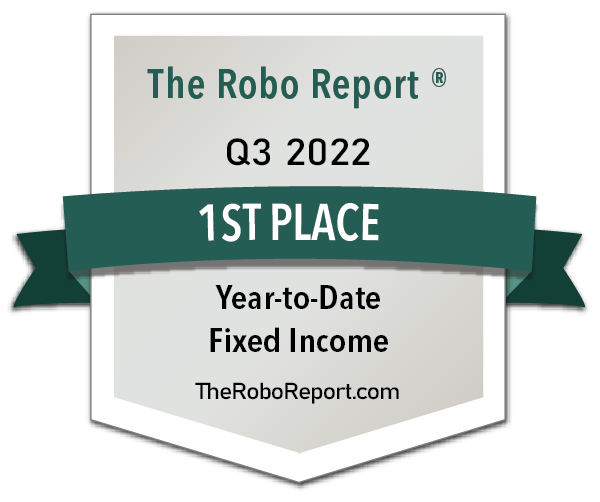
© 2022 Zacks Advantage | Privacy Policy | Unsubscribe
1 Wall Street Journal. January 22, 2023.
2 Zacks Investment Management may amend or rescind the A Better Way Forward: Actively Managing Passive Index Funds guide offer for any reason and at Zacks Investment Management’s discretion.
3 Goldman Sachs. December 9, 2022.
4 Wall Street Journal. January 22, 2023.
6 Wall Street Journal. January 22, 2023.
7 Zacks Investment Management may amend or rescind the A Better Way Forward: Actively Managing Passive Index Funds guide offer for any reason and at Zacks Investment Management’s discretion.
DISCLOSURE
Past performance is no guarantee of future results. Inherent in any investment is the potential for loss.
Zacks Advantage is a service offered by Zacks Investment Management, a wholly-owned subsidiary of Zacks Investment Research.
Zacks Investment Management, Inc. is a wholly-owned subsidiary of Zacks Investment Research. Zacks Investment Management is an independent Registered Investment Advisory firm and acts as an investment manager for individuals and institutions. Zacks Investment Research is a provider of earnings data and other financial data to institutions and to individuals.
This material is being provided for informational purposes only and nothing herein constitutes investment, legal, accounting or tax advice, or a recommendation to buy, sell or hold a security. Do not act or rely upon the information and advice given in this publication without seeking the services of competent and professional legal, tax, or accounting counsel. Publication and distribution of this article is not intended to create, and the information contained herein does not constitute, an attorney-client relationship. No recommendation or advice is being given as to whether any investment or strategy is suitable for a particular investor. It should not be assumed that any investments in securities, companies, sectors or markets identified and described were or will be profitable. All information is current as of the date of herein and is subject to change without notice. Any views or opinions expressed may not reflect those of the firm as a whole.
Any projections, targets, or estimates in this report are forward looking statements and are based on the firm’s research, analysis, and assumptions. Due to rapidly changing market conditions and the complexity of investment decisions, supplemental information and other sources may be required to make informed investment decisions based on your individual investment objectives and suitability specifications. All expressions of opinions are subject to change without notice. Clients should seek financial advice regarding the appropriateness of investing in any security or investment strategy discussed in this presentation.
Certain economic and market information contained herein has been obtained from published sources prepared by other parties. Zacks Investment Management does not assume any responsibility for the accuracy or completeness of such information. Further, no third party has assumed responsibility for independently verifying the information contained herein and accordingly no such persons make any representations with respect to the accuracy, completeness or reasonableness of the information provided herein. Unless otherwise indicated, market analysis and conclusions are based upon opinions or assumptions that Zacks Investment Management considers to be reasonable. Any investment inherently involves a high degree of risk, beyond any specific risks discussed herein.
The S&P 500 Index is a well-known, unmanaged index of the prices of 500 large-company common stocks, mainly blue-chip stocks, selected by Standard & Poor’s. The S&P 500 Index assumes reinvestment of dividends but does not reflect advisory fees. The volatility of the benchmark may be materially different from the individual performance obtained by a specific investor. An investor cannot invest directly in an index.
Robo investments are subject to some unique risks, including, but not limited to, the fact that investment decisions are made by algorithms based on investors’ answers to questions, there is a lack of human involvement, and there is the possibility that the software may not always perform exactly as intended or disclosed. Such investment programs are only suitable for investors who can bear the risk of a complete loss of their investments.
The S&P GSCI is the first major investable commodity index. It is one of the most widely recognized benchmarks that is broad-based and production weighted to represent the global commodity market beta. The index is designed to be investable by including the most liquid commodity futures, and provides diversification with low correlations to other asset classes. The volatility of the benchmark may be materially different from the individual performance obtained by a specific investor. An investor cannot invest directly in an index.
The NASDAQ-100 Index includes 100 of the largest domestic and international non-financial companies listed on The NASDAQ Stock Market based on market capitalization. The Index reflects companies across major industry groups including computer hardware and software, telecommunications, retail/wholesale trade and biotechnology. Index composition is reviewed on an annual basis in December. An investor cannot invest directly in an index. The volatility of the benchmark may be materially different from the individual performance obtained by a specific investor.
Zacks Investment Management 227 West Monroe St. Chicago, IL 60606
Past performance is no guarantee of future results. Inherent in any investment is the potential for loss
Zacks Advantage is a service offered by Zacks Investment Management, a wholly-owned subsidiary of Zacks Investment Research. Zacks Investment Management is an independent Registered Investment Advisory firm and acts as an investment manager for individuals and institutions. All material in presented on this page is for informational purposes only and no recommendation or advice is being given as to whether any investment or strategy is suitable for a particular investor. Nothing herein constitutes investment, legal, accounting or tax advice. The information contained herein has been obtained from sources believed to be reliable but we do not guarantee accuracy or completeness. Zacks Investment Management, Inc. is not engaged in rendering legal, tax, accounting or other professional services. Publication and distribution of this article is not intended to create, and the information contained herein does not constitute, an attorney- client relationship. Do not act or rely upon the information and advice given in this publication without seeking the services of competent and professional legal, tax, or accounting counsel.

